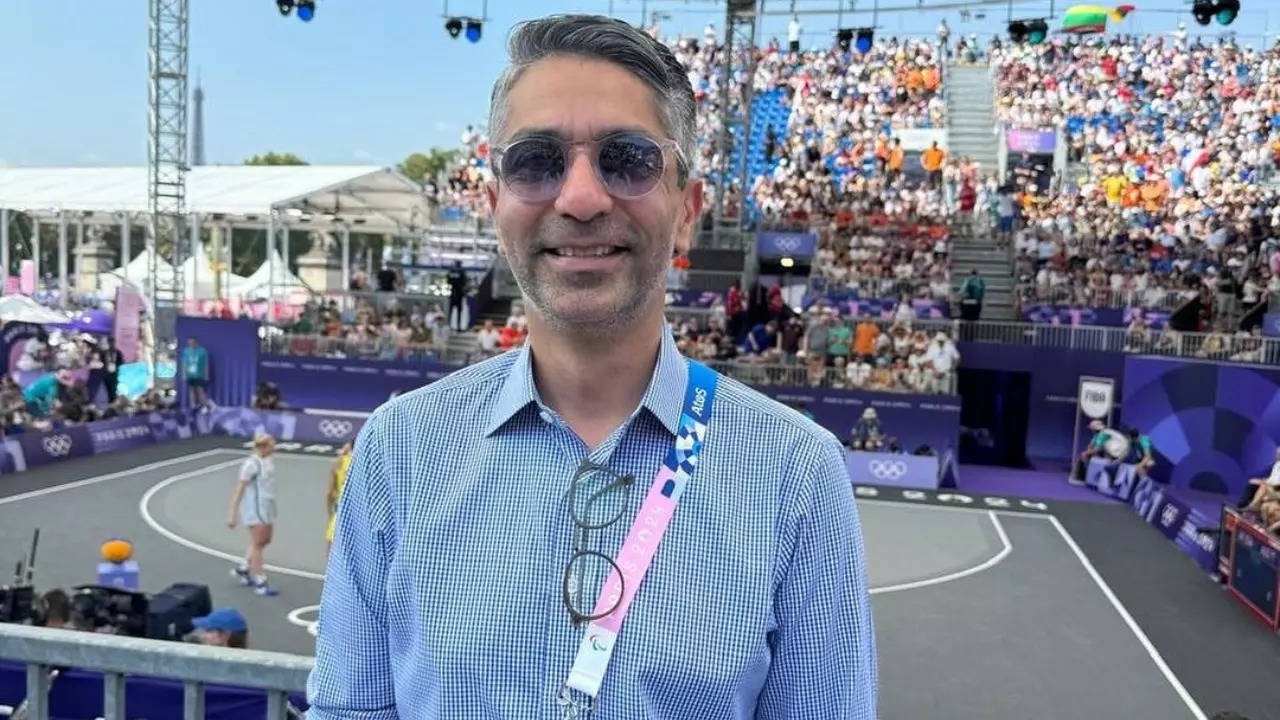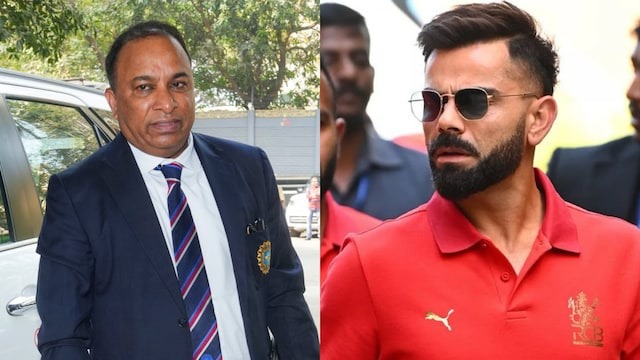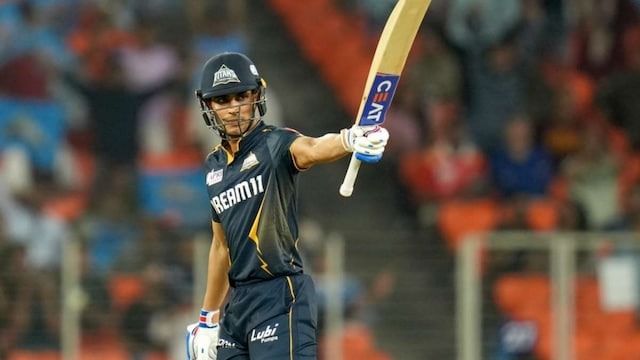
Olympic gold medallist Abhinav Bindra on Friday admitted that addressing mental health issues among Indian athletes across all sports is still a work in progress and said its benefits should reach the grassroots level. Bindra said mental health directly impacts the overall health of a sportsperson and sports administrators also share an equal responsibility in this.
He told reporters in a virtual interaction, "This is an area that is still a work in progress and we all accept it. The ecosystem of our sport is still evolving. It is slowly maturing." Bindra said, "This is an aspect which is important not only for shooters but for players of all sports and needs to be given priority. This is an aspect which has a direct impact on the performance of the player.
"Sports organizations and people involved in governance have to ensure that our athletes benefit from it and perform well," the 2008 Beijing Olympics gold medallist said. Bindra termed the presence of a mental health expert with the Indian contingent at the Paris Olympics as a step in the right direction.
He said, "We saw progress in this area in the Paris Olympics. This was the first time that the Indian team had a mental health specialist. Some things are happening well but we need to progress faster so that its benefits can reach the grassroots level." Bindra rejected the notion that current players have a softer attitude than players of the past.
He said, "I completely disagree with this. If this notion is to be believed, then soft people are winning more than tough people because our results and our history tell us this." Bindra revealed that the process of meditation helped him when he was planning to quit shooting after winning the Olympic gold in 2008.
He said, "When I won the gold medal at the Olympics, my energy was completely drained. I was physically, emotionally, and mentally exhausted. I needed to re-energize myself and it was not easy." Bindra said, "I decided to take a course in Vipassana meditation. It was interesting because I really wanted to quit the sport and move in a new direction."
He said, "I had to meditate for 8-9 hours a day in complete silence for 10 days and during that time I just thought about my game. I thought about how much I liked the process of what I was doing."

 Desk
Desk Share
Share

_227709019.jpg)




